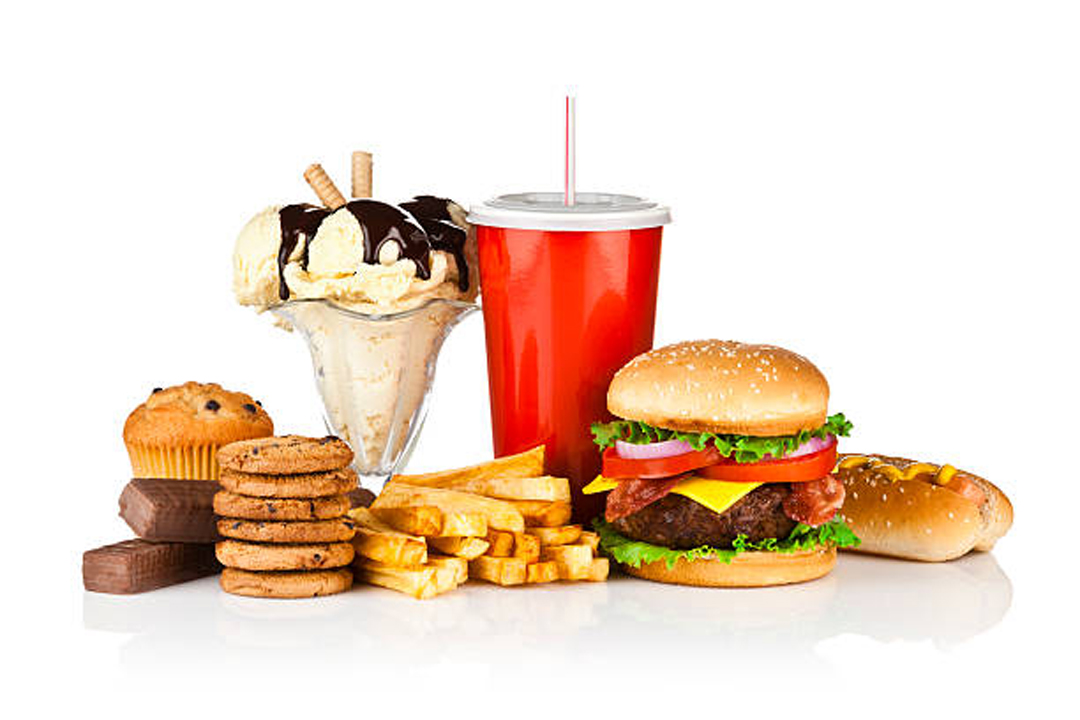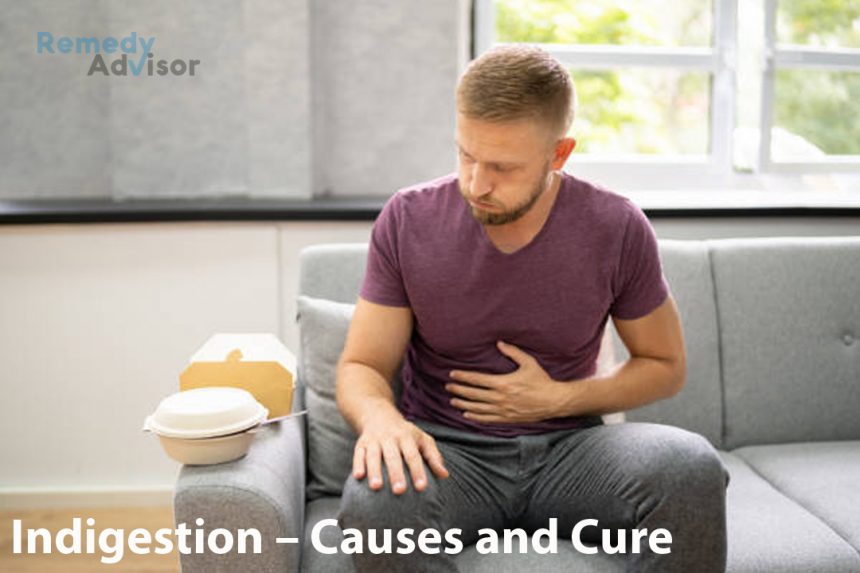Indigestion affects millions of Americans each year. This catch-all term encompasses a wide array of complaints from “acid stomach,” belching, nausea, bloating and distention to much more serious problems, such as peptic esophagitis, gallstones and stomach cancer.
The leading source of gastrointestinal distress is heartburn, technically known as gastro esophageal reflux disease (GERD). At one time or another, nearly all of us have experienced this burning sensation behind the breastbone. Often it’s accompanied by a rush of highly acidic fluid into the back of the throat, leaving an unpleasant burning sensation there as well. Reflux occurs when the movement of food and digestive juices in the digestive tract causes stomach acid to back up into the esophagus.
Reflux may also arise from defects in the esophageal sphincter the muscular “gateway” between the esophagus and the stomach.
This problem may be caused by a hiatal hernia a weakness in the diaphragm, the muscular wall that separates the abdominal cavity from the lungs. Other possible reflux triggers
- Caffeine and cigarettes. Both cause excessive secretion of stomach acid.
- Fatty foods. Fats are hard to digest, so fatty foods stay in the stomach longer than carbohydrates or proteins.
- Alcohol. While it doesn’t induce reflux directly, it can cause erosion, swelling and inflammation of the stomach lining.
- Ulcers. Scar tissue from previous duodenal or peptic ulcers sometimes blocks the passage of food through the stomach.
- Diabetes and viral infections. They interfere with stomach motility by several mechanisms, including direct injury to nerves leading to the stomach or encouragement of overgrowth of intestinal bacteria.
Untreated reflux can cause chronic inflammation of the esophagus (esophagitis), a serious disorder marked by hoarseness, bleeding, pain, scarring, difficult swallowing, nausea and frequent awakening at night.
Another common complaint
Nonulcer dyspepsia (NUD) is another common stomach complaint.
Symptoms: Gnawing stomach pain, nausea and vague acidity. These symptoms often mimic those of a peptic ulcer, although the stomach is otherwise normal.
Sometimes NUD is marked more by a feeling that the stomach is not emptying quickly enough. Food seems to linger too long, leading to fullness, swelling and gassiness. These symptoms can begin well before a meal is over or up to two hours later.
No one knows exactly what causes NUD, but studies point to disturbances in the muscular action of the stomach, duodenum or esophagus
RX FOR TROUBLED STOMACHS
While Maalox, Mylanta, Turns, Rolaids and other over-the-counter antacids are often helpful, it’s better to prevent indigestion in the first place. Prevention strategies
Eat three square meals a day
Or, if you prefer, eat several small, light meals. Never skip breakfast or lunch with the intention of “making up for it” at the end of the day. Stuffing yourself at one sitting only increases pressure inside the stomach and with it, the possibility of reflux.
Don’t lie down too soon after eating
Reflux is more likely to occur when you’re lying down. So avoid late-night snacks and “siestas” during the day.
If you must sleep immediately after eating, be sure to keep your chest elevated. Put several pillows under your head, insert a foam wedge under your mattress or put the head of the bed on blocks.
If you crave a late-night snack, try drinking a cup of herbal or decaffeinated tea fluids leave the stomach faster than solids.
Take steps to avoid constipation
It raises abdominal pressure, making reflux more likely. Eat fiber-rich foods drink plenty of fluids exercise regularly avoid tight belts or girdles and keep excess weight off.
Avoid greasy or highly seasoned foods

Examples: Curries, Szechuan dishes and dishes made with chili powder. If you’ve experienced indigestion after eating such foods in the past, be especially careful to avoid them
Beyond self-help
If your discomfort persists, seek professional help. To help the doctor make an accurate diagnosis, prepare a detailed account of symptoms how long you have had them and under what circumstances.
Example: A gnawing or burning pain above the navel within one to three hours after eating can signal an ulcer. A thorough checkup should consist of a general physical exam, a blood and stool test and an upper GI series with barium in the stomach and esophagus
In order to clearly see the esophageal lining, the doctor may perform an upper GI endoscopy, in which he will use a viewing probe called an endoscope.
Some prescription remedies are designed to reduce the irritating effects of reflux by suppressing stomach acidity or neutralizing the acid already secreted. Others clear the esophagus, strengthen its sphincter muscle and help empty the stomach in the proper direction.
A class of drugs called histamine 2 blockers, along with medications such as Prilosec, stop production of hydrochloric acid in the stomach especially overnight when it is most likely to accumulate and back up. The histamine 2 blockers Pepcid, Tagamet and Zantac are available over-the-counter, and help the pain of heartburn.
If tests confirm full-blown esophagitis, caffeine, tobacco and alcohol must be strictly forbidden, along with aspirin and other non-steroidal anti-inflammatory drugs (NSAIDs).
The suggestions on diet and sleep must also be followed rigorously, and prescription medications must be continued for months even after all symptoms have disappeared.
The most striking new information about stomach ulcers is the discovery that the bacterium H. pylori, if present, must be eliminated by antibiotics to ensure that there will be lasting healing of the problem.
The brain-gut connection
The brain is intimately linked to the stomach, esophagus and small bowel through a direct “rapid transit” system of nerve pathways as well as through the slower, more indirect route of chemical “messengers,” or hormones. Such internal connections help explain why stress and emotional upset affect our digestive health so dramatically. Emotional disturbances of this kind change the brain’s chemical activity, which in turn sends distress signals back to the gastrointestinal tract.
Your ability to tolerate stomach problems depends in large measure upon your disposition. For reasons unknown, some people have an unusually low tolerance for disturbances of the GI tract, whether these disturbances are caused by reactions to food, psychological stress or illness.
In such cases, stress management, relaxation, guided imagery and various other types of behavior-modification techniques are often helpful. Thus, a consultation with a psychologist, therapist or other mental health professional is often a vital part of any “cure” for a troubled stomach.







